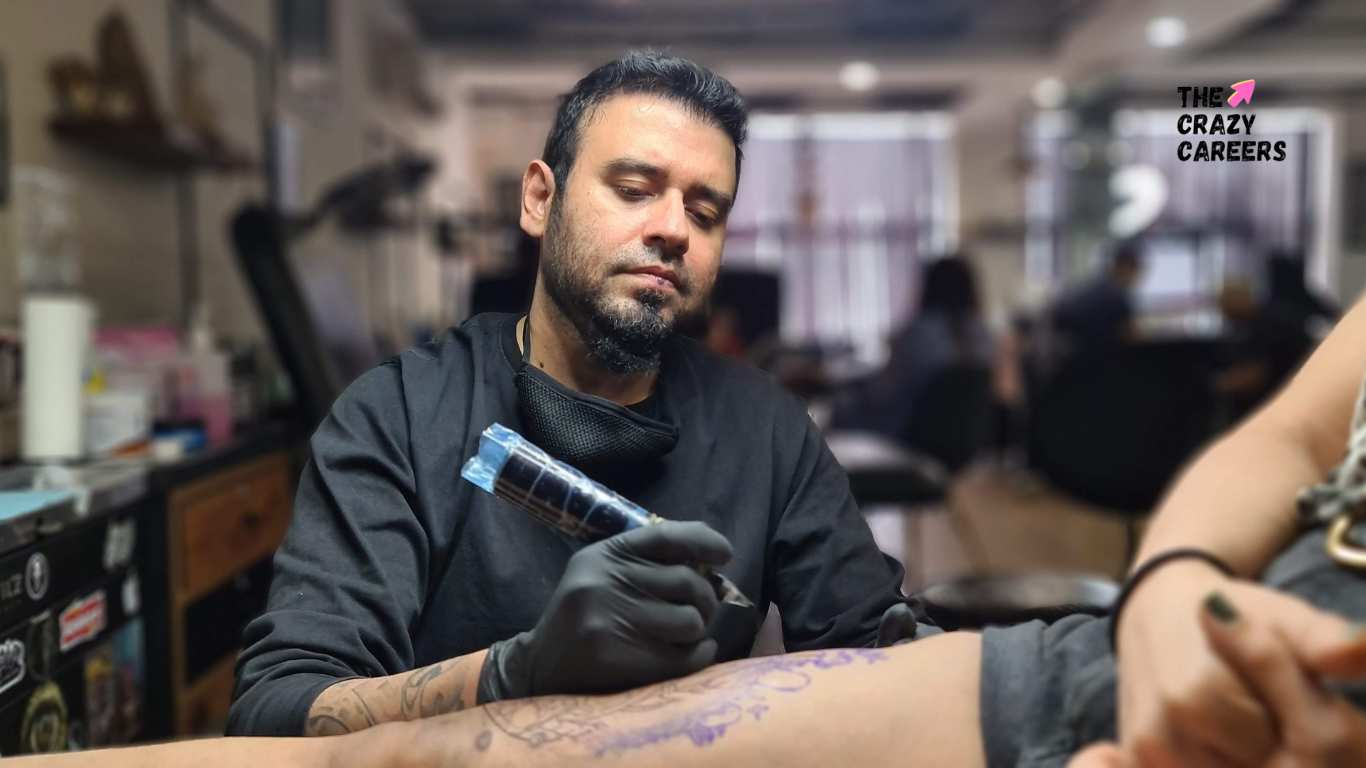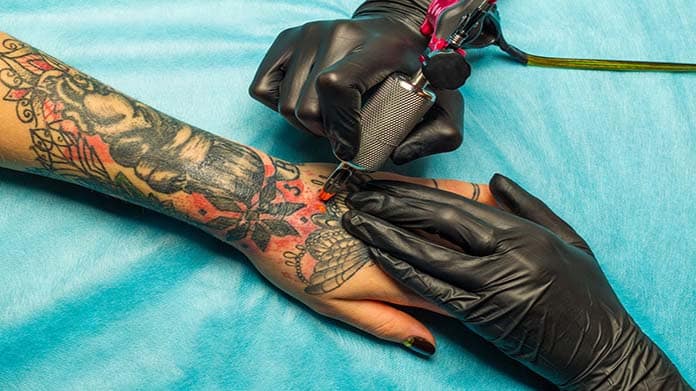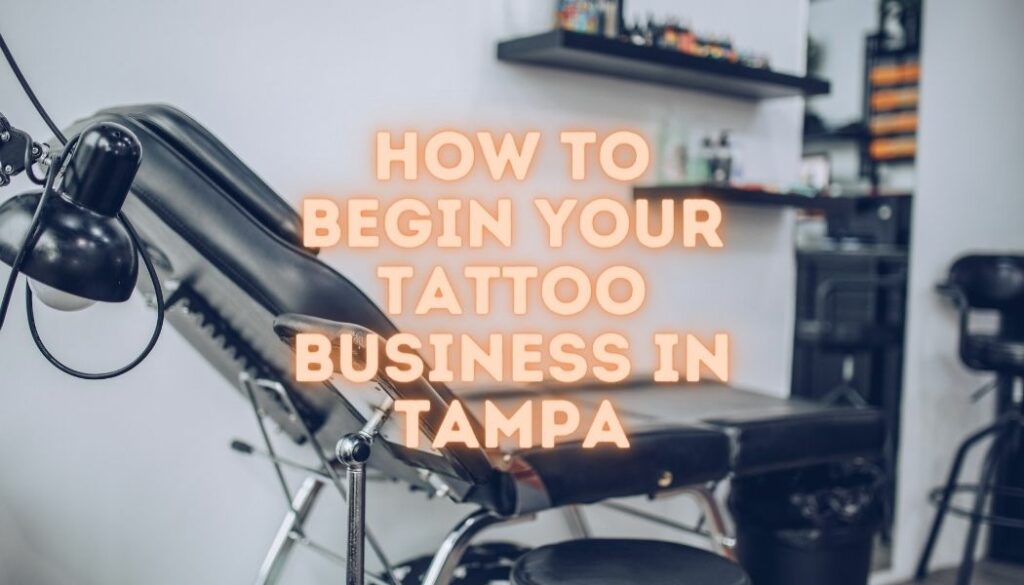How To Start A Tattoo Business

The allure of turning artistic talent into a thriving business is strong, particularly in the vibrant world of tattooing. However, launching a successful tattoo business requires more than just exceptional artistry. It demands careful planning, regulatory compliance, and a solid understanding of business management.
This article delves into the essential steps involved in establishing a tattoo business, from initial planning to navigating legal requirements and building a strong brand.
Laying the Groundwork: Planning and Preparation
Before picking up a tattoo machine, aspiring business owners need a comprehensive business plan. This crucial document serves as a roadmap, outlining goals, strategies, and financial projections.
A well-structured plan should encompass market analysis, target audience identification, and a detailed financial forecast. Consider the local competition, pricing strategies, and potential revenue streams.
Market research is vital to understanding the local tattoo scene and identifying unmet needs. This involves analyzing demographics, popular tattoo styles, and competitor pricing.
Securing Funding and Resources
Starting a tattoo business necessitates significant financial investment. Startup costs can range from tens of thousands to hundreds of thousands of dollars, depending on location and scale.
Funding options include personal savings, loans from banks or credit unions, and investment from friends or family. Crowdfunding platforms are also an increasingly popular avenue.
Securing a suitable location is paramount. The studio should be easily accessible, comply with local zoning regulations, and offer a clean, professional environment.
Navigating Legal and Regulatory Requirements
The tattoo industry is heavily regulated to ensure public health and safety. Compliance with these regulations is not just a legal obligation but also a matter of ethical practice.
Each state, and often individual counties or cities, has specific licensing requirements for tattoo artists and studios. Researching these requirements is a critical early step.
This typically involves completing a certified bloodborne pathogens training course and passing a sanitation inspection. Contact your local health department for detailed information.
Obtaining the necessary business licenses and permits is also essential. This may include a general business license, a health permit, and a seller's permit for collecting sales tax.
Insurance is another non-negotiable aspect. General liability insurance protects the business from potential lawsuits arising from accidents or injuries.
Professional liability insurance, also known as malpractice insurance, covers claims related to artistic errors or infections. Consult with an insurance broker specializing in the tattoo industry to determine the appropriate coverage.
Building a Brand and Attracting Clients
In a competitive market, building a strong brand is essential for attracting and retaining clients. A brand encompasses the studio's name, logo, style, and overall reputation.
Developing a unique brand identity that reflects the studio's artistic style and values is crucial. This involves creating a visually appealing logo, a consistent color palette, and a clear brand message.
A professional website and active social media presence are indispensable marketing tools. Showcase the artists' portfolios, share customer testimonials, and engage with potential clients online.
Word-of-mouth referrals are a powerful marketing tool. Encourage satisfied clients to leave reviews and spread the word about their positive experiences. Consider offering referral incentives to further incentivize this.
Collaborating with other local businesses can also help expand reach and attract new clients. Partner with barbershops, salons, or clothing stores to cross-promote services.
Operational Excellence: Maintaining a Safe and Professional Environment
Running a successful tattoo business requires meticulous attention to detail in all aspects of operations. Maintaining a clean, sterile environment is paramount to preventing infections and ensuring client safety.
Strict adherence to sterilization protocols is non-negotiable. This includes using an autoclave to sterilize reusable equipment, such as tattoo tubes and grips.
Disposable needles and other single-use items must be properly disposed of in accordance with biohazard waste regulations. Document all sterilization procedures to maintain accountability.
Prioritizing customer service is essential for building a loyal clientele. Create a welcoming and comfortable environment where clients feel valued and respected.
Effective communication is key to understanding clients' needs and expectations. Listen attentively to their ideas, provide professional guidance, and ensure they are fully informed about the tattooing process.
Investing in quality equipment and supplies is essential for delivering high-quality tattoos. Research different tattoo machines, inks, and aftercare products to find the best options for your studio.
Continuous Improvement: Staying Ahead of the Curve
The tattoo industry is constantly evolving, with new styles, techniques, and technologies emerging regularly. Staying ahead of the curve requires a commitment to continuous learning and professional development.
Attend tattoo conventions and workshops to learn from experienced artists and stay abreast of the latest trends. This is also a great way to network with other professionals in the industry.
Seek out opportunities for mentorship from established artists. Learning from experienced professionals can provide invaluable insights and guidance. Continuously evaluate and refine your business practices based on feedback and performance data.
By combining artistic talent with sound business principles, aspiring entrepreneurs can create thriving and rewarding tattoo businesses. Success hinges on careful planning, regulatory compliance, and unwavering commitment to quality and customer service.


















